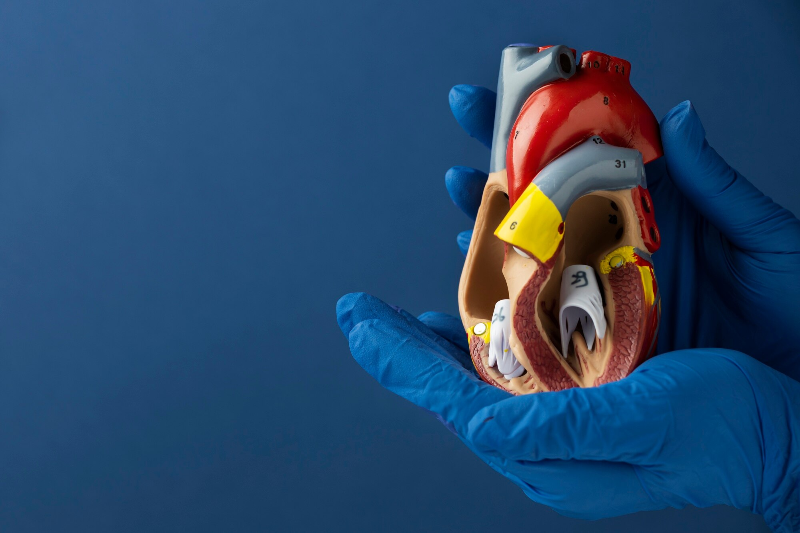by Linnaeus University
Credit: Pixabay/CC0 Public Domain
A plant-based diet consisting of Swedish lingon berries and brown beans reduced atherosclerosis by half and had a positive effect on the intestinal flora. This is shown by a new dissertation from Jiyun Liu, Doctoral student in chemistry at Linnaeus University.
What are the benefits of a more plant-based diet? This has been studied by Jiyun Liu in his dissertation in chemistry from Linnaeus University. He has studied the content of bioactive compounds in berries and pulses.
The results show that Swedish berries and pulses are good sources of bioactive compounds, polyphenols, which protect our body, and that a diet containing whole lingonberries, brown beans and bean fibers resulted in lower atherosclerosis and had a positive effect on the gut microbiota.
In his dissertation, Jiyun Liu studied which positive health effects berries and pulses have in humans. Berries and pulses contain high amounts of different bioactive compounds, for instance polyphenols and dietary fiber, which are one of the benefits of eating a more plant-based diet. One aim of the study was to develop analytical methods for identifying the different bioactive compounds found in berries and pulses.
Jiyun developed a method for identifying and quantifying the amount of bioactive compounds in berries (lingonberries, raspberries, blueberries and strawberries) and in cooked and dried pulses (eight Swedish beans and peas).
In his study, Jiyun Liu has used mice. After having identified 45 different bioactive compounds in berries and pulses, he fed mice with different diets containing whole lingonberry, brown bean, and dietary fiber and polyphenols fractions from lingonberries and brown beans. The basic diet was a high-fat diet that was fed to the mice for 10.5 weeks to study its effect on atherosclerosis and changes in the gut microbiota.
Hydrothermal processing affected the nutrient content
The results show that the analytical method is suitable for identification and quantification of bioactive compounds and that Swedish berries and pulses proved to be good sources of polyphenols. The cooked pulses had a decreased content of polyphenols which were leaking into the water during soaking and boiling.
A diet containing whole lingonberries, brown beans and bean fibers resulted in reduced levels of atherosclerotic plaques and that the diets had a positive effect on the gut microbiota.
"My findings highlight the beneficial effects of a diet containing berries and pulses. This should serve as encouragement to increase the intake of plant-based foods, but it is also important to keep in mind that the results derive from an animal study which needs to be confirmed by further studies on humans," Jiyun Liu concludes.
More information: Polyphenols in Swedish berries and pulses: Characterization and in vivo effects of fractions from lingonberries and brown beans in an Apoe-/- mouse model. lnu.diva-portal.org/smash/record.jsf?pid=diva2%3A1624343&dswid=-7234
Provided by Linnaeus University







Post comments